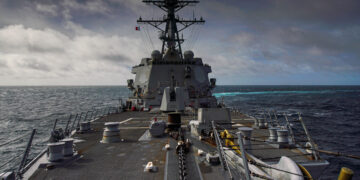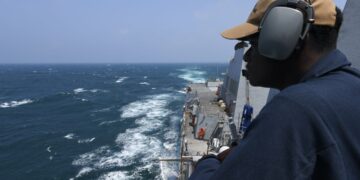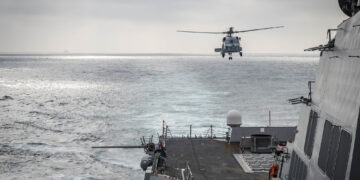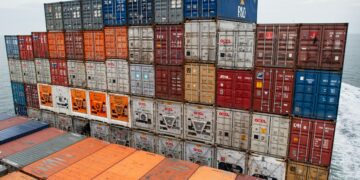April 25, 2024
China is the enemy of the world and has nobody to blame but itself
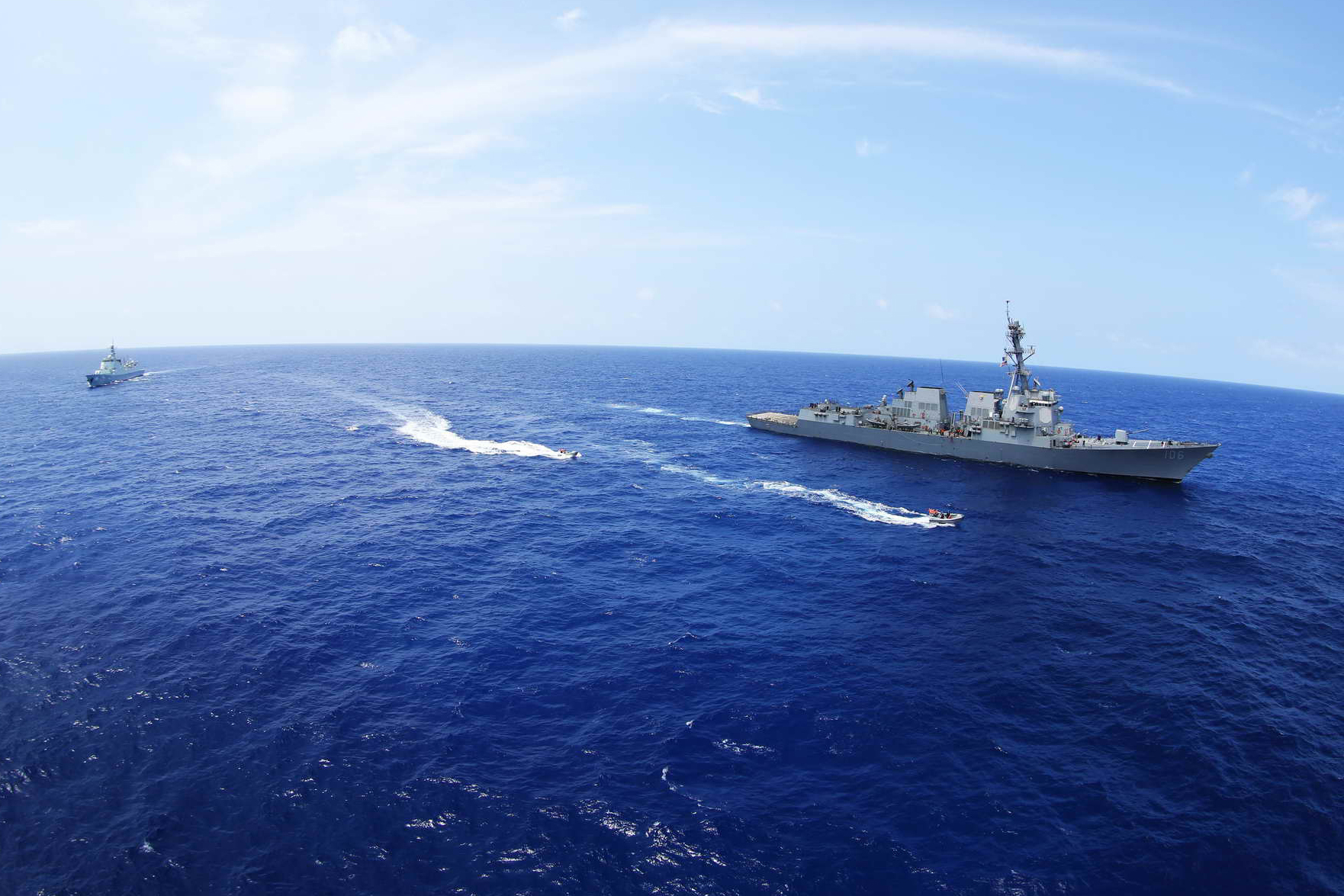
Secretary of State Antony Blinken’s multi-day trip to China this week caps a particularly busy stretch of meetings between U.S. and Chinese officials. Treasury Secretary Janet Yellen was in Beijing earlier this month where she delivered remarks about establishing a floor underneath the U.S.-China relationship and was photographed drinking a beer at a local brewery. On April 5, US and Chinese defence officials held maritime talks for the first time in three years. And on April 16, U.S. Defense Secretary Lloyd Austin spoke to his Chinese colleague, Admiral Dong Jun, for the first time since the latter was appointed.
Yet all isn’t well. Chinese coast guard ships and maritime militia have harassed Philippine vessels trying to reinforce their sailors on the Second Thomas Shoal, which Beijing and Manila both claim. The People’s Liberation Army Air Force continues to fly across the Taiwan Strait median-line on a regular basis. The China-India border dispute in the Himalayas, meanwhile, remains unsolved four years after troops clashed in the area.
China, of course, likes to present itself as the innocent victim in all of this. If there is anybody to blame for misinterpretations or misperceptions, Chinese officials say, it’s the other side. Listen or read a transcript of a Chinese foreign ministry briefing and you’ll get the same, tired line: the U.S. should stop instigating a Cold War-like mentality, the Philippines should stop causing unnecessary tension and Japan should be careful lest it turn into an American lacky.
In reality, it’s China that should be looking in the mirror. Yes, the Biden administration is making a concerted effort to bring its allies and partners in the Indo-Pacific together, in large measure to balance China’s growing power. But ultimately China’s desire to become Asia’s biggest power player is forcing its smaller neighbours to boost their own defence capabilities, spend more on their military budgets and expand security and economic partnerships with each other. China, not Washington, is the glue that holds all of this together.
More on Asia
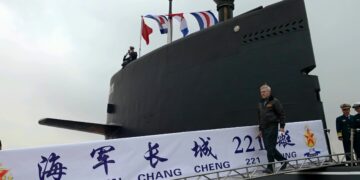
Featuring Jennifer Kavanagh
September 8, 2025
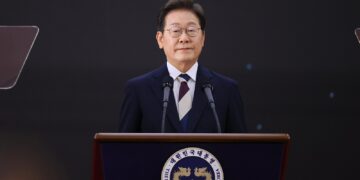
Featuring Jennifer Kavanagh and Dan Caldwell
August 24, 2025

